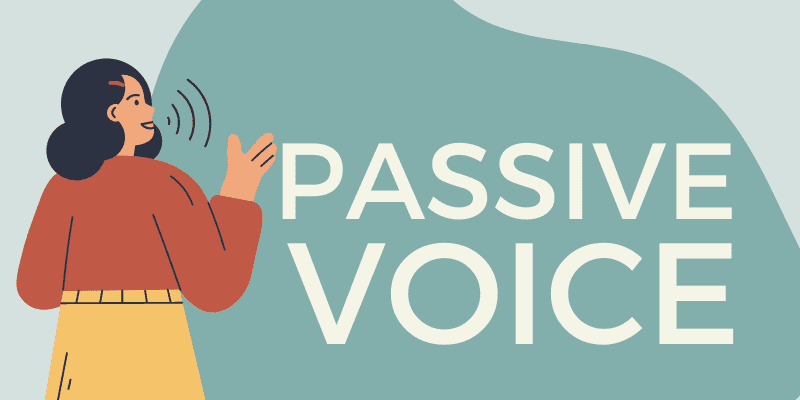The Passive Voice in German

The Passive Voice in German.The English language is a rich tapestry of structures and expressions, weaving together the cultural, historical, and social influences that have shaped it. Among its many fascinating features is the “passive voice”, a grammatical construct that subtly shifts the focus of a sentence from the doer of an action to the receiver.

Explanation about Passive Voice in German
1. Structure of the Passive Voice in German:
In German, the passive voice is constructed with a form of “werden” (to become) followed by a past participle. The past participle is placed at the end of the sentence, much like other verb placements in subordinate clauses in German.
For example:
- Aktiv: Der Kellner serviert das Essen. (The waiter serves the food.)
- Passiv: Das Essen wird serviert. (The food is served.)
2. Tenses in Passive:
German’s passive voice can be formed in various tenses:
- Präsens (Present Tense): Das Buch wird gelesen. (The book is being read.)
- Präteritum (Simple Past): Das Buch wurde gelesen. (The book was read.)
- Perfekt (Present Perfect): Das Buch ist gelesen worden. (The book has been read.)
- Plusquamperfekt (Past Perfect): Das Buch war gelesen worden. (The book had been read.)
- Futur I (Simple Future): Das Buch wird gelesen werden. (The book will be read.)
- Futur II (Future Perfect): Das Buch wird gelesen worden sein. (The book will have been read.)
3. Agent with “von”:
In cases where it’s necessary to include the agent (the doer of the action) in a passive sentence, German uses the preposition “von” (by).
- Das Bild wurde von dem Künstler gemalt. (The picture was painted by the artist.)
4. Zustandspassiv (Stative Passive):
German has a form called the “stative passive,” which is used to describe a state resulting from a previous action. It uses “sein” (to be) as the auxiliary verb.
- Das Fenster ist geschlossen. (The window is closed.)
This form indicates the state of the window (it’s closed) rather than the action of closing it.
Phrases about Passive Voice in German
| Tense | Active Voice Example | Passive Voice Example | Translation (Passive) |
|---|---|---|---|
| Präsens | Er öffnet das Fenster. | Das Fenster wird geöffnet. | The window is opened. |
| Präteritum | Er öffnete das Fenster. | Das Fenster wurde geöffnet. | The window was opened. |
| Perfekt | Er hat das Fenster geöffnet. | Das Fenster ist geöffnet worden. | The window has been opened. |
| Plusquamperfekt | Er hatte das Fenster geöffnet. | Das Fenster war geöffnet worden. | The window had been opened. |
| Futur I | Er wird das Fenster öffnen. | Das Fenster wird geöffnet werden. | The window will be opened. |
| Futur II | Er wird das Fenster geöffnet haben. | Das Fenster wird geöffnet worden sein. | The window will have been opened. |
As we come to the close of our linguistic journey through the passive voice, it’s evident that this grammatical structure is not merely a rigid rule within the English language, but rather a dynamic tool of expression.





























